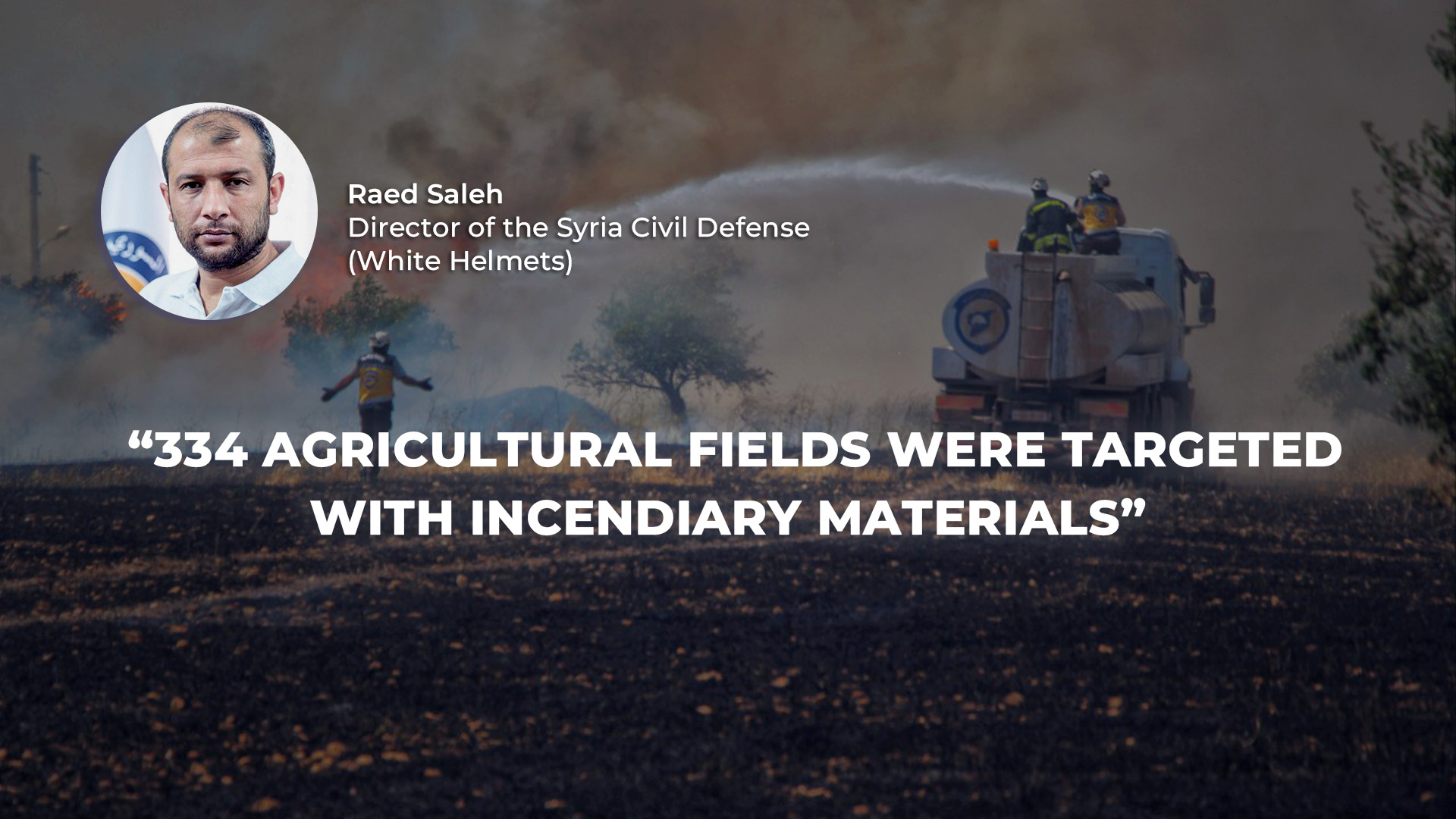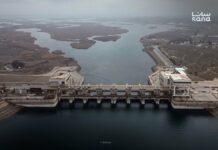
As conflict continues to ravage regions across the globe, the detrimental effects on agriculture have become increasingly apparent. From the war-torn fields of Syria to the embattled farmlands of Ukraine, the repercussions of prolonged conflict on food production and agricultural sustainability are profound.
By examining the deliberate efforts by the Assad regime and Russia to undermine agriculture and understanding the impact on local communities it is necessary to explore the resilient efforts of organizations and administrations to promote, support, and revitalize domestic agriculture production within Syria to understand the dynamics which shape the economy and influence the regions food security.
The Negative Impacts of Prolonged Conflict on Agriculture
Global conflicts have far-reaching implications for agriculture, affecting food security and livelihoods in significant ways. In particular, the ongoing conflicts in Syria have had profound effects on agricultural production and food supply chains.

Between 2017 and 2022, at least 699 conflict incidents affected Syrian agricultural land and crops, with shelling, artillery fire, and air strikes causing fires that posed a threat to farmers and crops. Deliberate arson targeting crops, the use of internationally banned incendiary munitions, and the detonation of explosive weapons, including landmines, have further contributed to the degradation of agricultural land, with long-term consequences for food production.
Fire and Water: Weapons of War
Direct attacks targeting agricultural land and farm workers have threatened agricultural outputs, with the deliberate torching of farmland used as a tactic to control civilians and farmers. Over the course of the war, farmers and agricultural workers also faced risks from abductions, kidnappings, shootings, and direct targeting by rockets, artillery, and bombings.

Likewise, water infrastructure and facilities have been damaged or destroyed, leading to a shortage of water for irrigation. Yahia Tannari, an agricultural engineer for the Turkish-backed National Coalition Syrian Interim Government (SIG) that administers territories primarily in rural Aleppo, was quoted in a report from Action on Armed Violence (AOAV), saying, “The Assad regime has used water as a weapon against the farmers.”
According to the AOAV report, “The total damage to agricultural infrastructure and assets (as of 2015) is estimated at USD 3.2 billion, accounting for almost half of the total damage to the agriculture sector. Ranging from machinery such as trucks, buildings and cooperatives and commercial farms, to facilities used for such things as storage and processing, as well as irrigation canals and wells.”
Local Administrations’ Promote Domestic Agriculture
Despite these deliberate efforts to undermine agriculture, local administrations are taking proactive steps to counter these measures and promote domestic agriculture. Efforts to mitigate the negative impacts of conflict on agriculture are crucial for addressing food insecurity and supporting the livelihoods of farmers in these regions. Both revolutionary administrative bodies in northern Syria, the Idlib-based Syrian Salvation Government (SSG) which governs over much of Idlib province and parts of Aleppo, and the Turkish-backed SIG have undertaken several initiatives over the last few years to address these concerns.
The destruction of food supply chains has also been a significant consequence of the conflict, with the destruction of bakeries, grain silos, and wheat harvests all contributing to shortages of bread, a staple of the Syrian diet. In 2021 the SSG Ministry of Economy and Resources conducted several studies to tackle the bread crisis, which resulted in $3 million in subsidiaries and the implementation of several projects like the Ministry of Agriculture and Irrigation’s Good Loan project, still ongoing, which provides advancement of quality seeds, fertilizer, pesticide and fuel to encourage the cultivation of wheat.

Director of Public Relations at the Syrian Salvation Government’s (SSG) Ministry of Economy, Mr. Hamdo Al-Jasim told L24, “Several projects have been activated to achieve food security, such as the Good Loan project, which involves planting over 30,000 hectares of wheat. … the government also supports farmers and encourages the workforce by providing a consumption market for products and exporting surplus. This is done through an agricultural calendar that restricts the entry of certain vegetables during specific seasons to support local farmers.”
The SSG and White Helmets cooperated on a project that built, repaired, and refurbished pumping stations and irrigation canals and systems providing water to Idlib’s western countryside irrigating over 7,000 hectares of agricultural land. And the reconstruction of the hydraulic networks is ongoing with the most recent work being on the water channels between the villages of Al-Ziyadiah and Zayzoun, north of Al-Ghab Plain.
A Vital Key to Reconstruction
According to the UN Food and Agriculture Organization’s (FOA) Deputy Director General Daniel Gustafson the agriculture sector is the key to Syria’s reconstruction and sustainability. “The impact of funding farming would yield almost immediate results,” he posits, “If you invest in that, you are going to get a quick return.”









